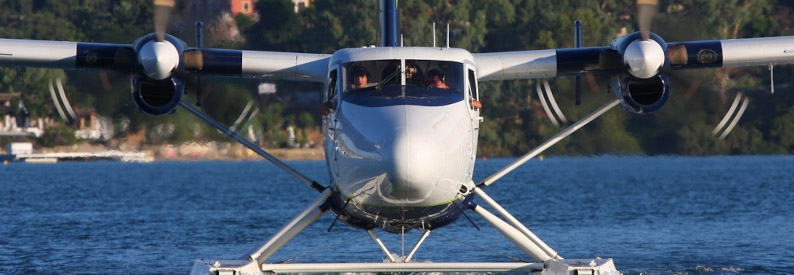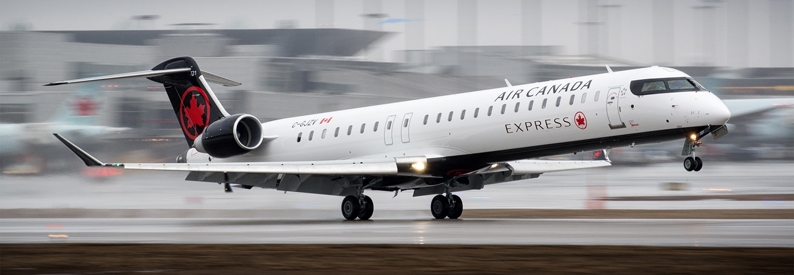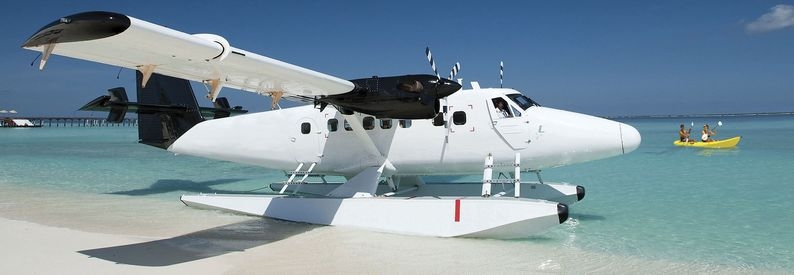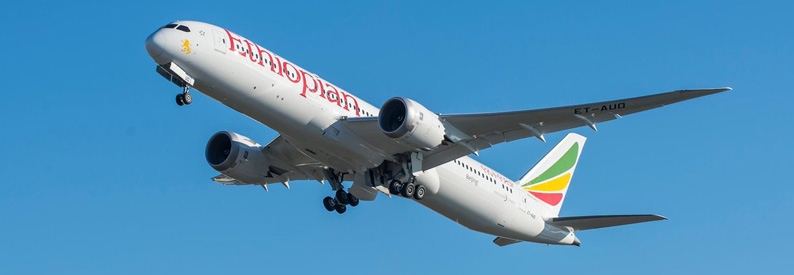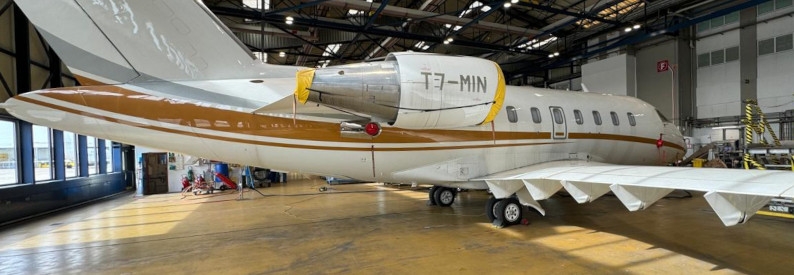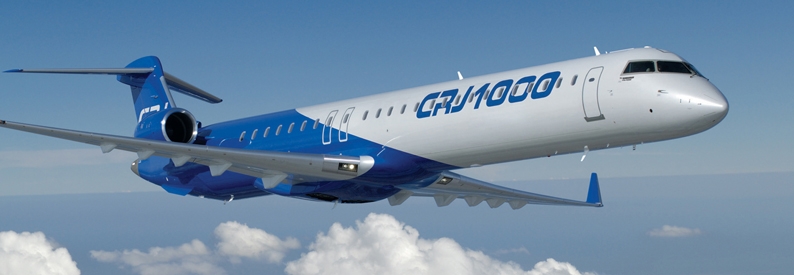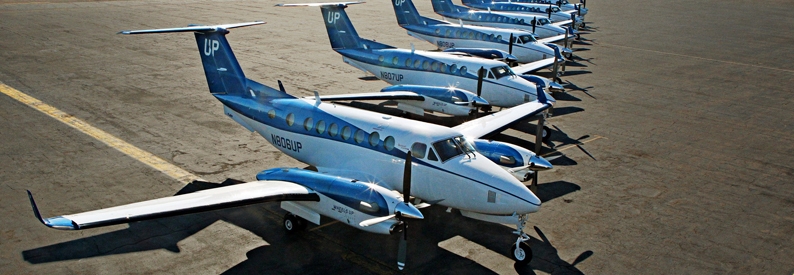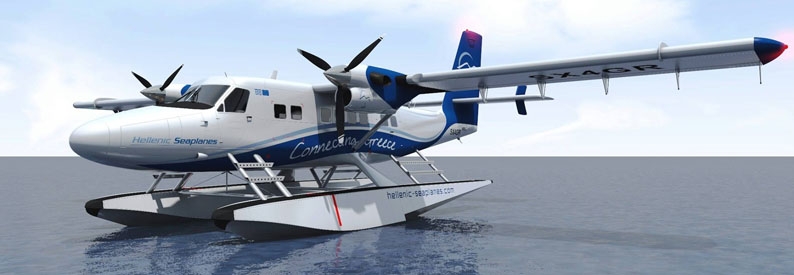Performance Air (Mexico) (PRZ, Toluca) is looking to grow its bizjet fleet and establish new bases across Mexico as it sets its sights on becoming the country’s leading business aviation operator within the next decade, founder and Chief Executive Officer Gerardo Aboumrad Chedraui told ch-aviation in an exclusive interview.
“This year we are expecting to undertake several changes. We see it as a year in which we reorganise our fleet,” he said, adding that Performance Air had focused its latest growth efforts on introducing more heavy bizjets. “We want to continue bringing in aircraft with capacities for 12 or more passengers, and mid- to long-range jets.”
The ch-aviation Commercial Aviation Aircraft Data module shows the Toluca-based Part 135 company operates a fleet comprising 18 aircraft and one helicopter: one Challenger 601-3A, two Challenger 604s, one Citation Bravo, one G300, one GIV, one Global Express XRS, one Hawker 400XP, one Hawker 750, one Hawker 800XP, one Learjet 31A, one Learjet 45XR, one Learjet 55, one Learjet 60XR, one Legacy 600, one Premier IA, one Piaggio P.180, and one AW109.
Expanding the bizjet fleet
This year, Performance Air inducted its first Global Express XRS, while phasing out a Citation Jet 4 from its operations. The newly added Bombardier Aerospace bizjet, XA-COE (msn 9297), is the latest aircraft in its fleet, configured to carry 15 passengers.
Aboumrad Chedraui said the company is looking to substitute the Citation Jet 4 with a Citation Sovereign+. In total, the company aims to close in 2025 with a fleet of about 22 bizjets and two helicopters.
“It is likely that we will sell a Challenger 604 and replace it with something more modern,” he said. Ideally, the company would like to operate aircraft manufactured from 2010 onwards and move away from bizjets that are no longer in production.
“It’s easy to be tempted by the low acquisition costs of older aircraft. However, maintenance costs increase exponentially,” he added, noting that Performance Air “feels comfortable” with aircraft no older than 15 years, as they “run smoothly and are not so maintenance-intensive.”
The company has slowly but steadily specialised as an operator of heavy bizjets. “It was interesting because the owners began giving us larger aircraft, and then the market began to recognise us as a company with a fleet of large jets. So we became the best option for managing and commercialising larger aircraft.”
Fractional ownership
None of the aircraft currently listed under Performance Air’s air operator’s certificate (AOC) are company-owned. They are privately owned, with Performance responsible for managing and operating them under its Part 135 certificate.
The company is also promoting a new fractional ownership programme, in which ownership of an aircraft is split between four stakeholders. This arrangement offers a predictable monthly cost and priority access to the aircraft and the fleet as a whole.
When these planes are not being used by their owners, Performance Air makes them available to other clients. “This approach allows us to have aircraft available, gives the owners the benefits of shared ownership, and provides access to the entire Performance fleet. It is a business model that we would like to continue growing,” he elaborated.
Potential new bases
Toluca is Mexico’s main bizjet airport. Located outside Mexico City, it barely has scheduled operations from commercial airlines but is an active hub buzzing with private operators like Performance Air.
However, the company sees strong potential for expansion beyond Toluca and Mexico City. In particular, it is interested in establishing a new base at Guadalajara before the end of the year.
“Guadalajara, León/Guanajuato, Monterrey Mariano Escobedo, Torreón, Veracruz, and Merida M. Crescencio Rejon are all hubs with large companies and prominent businessmen, but they lack sufficient private bizjet operators to provide high-quality service,” he said.
The Mexican bizjet industry is also poised for a significant global event that is expected to boost demand for services - the FIFA Men’s World Cup in 2026, to be hosted in Mexico, the United States, and Canada. Aboumrad Chedraui said this represents both a unique opportunity and a unique challenge, as the company will need to balance the needs of new potential customers with its commitment to existing clients.
Sales department, FBO
Another element of the Mexican operator’s business model is its sales department, which offers tailored services for clients seeking to buy or sell aircraft.
“We adapt to the client’s needs: whether they hire us solely as advisers for the purchase or sale of an aircraft, or, as often happens, if we come across a good opportunity we go ahead and buy it ourselves and sell it later. It’s essentially an aircraft acquisitions department, and we like to see ourselves as an extension of our clients as if we were their aviation office,” Aboumrad Chedraui said.
Meanwhile, Performance Air collaborates with Universal Aviation and Avemex - Aviación Ejecutiva Mexicana as a Fixed Base Operator (FBO) in Toluca.
“The FBO is operated by Universal and Avemex, and we refer clients to them. They look after them in the main terminal, which receives American and European jets. We charge for ground handling and trip support services,” the CEO explained.
In parallel, Performance Air has its own hangar in Toluca that is used exclusively to serve its clients.
Little impact from geopolitics
Finally, the company is currently facing a variety of operational challenges, of which the most complex part is managing the number of different crews, each specialised in different types of aircraft. Performance Air has about 45 pilots in a company of nearly 130 employees.
Performance Air relies on third-party providers for maintenance and has no immediate plans to change this.
Globally, Performance Air experienced a couple of days in which the parts supply chain was disrupted due to the ongoing trade policies from the US administration of President Donald Trump. However, “things have stabilised now, and it looks like there won’t be any further delays, for the time being, at least,” Aboumrad Chedraui said.
